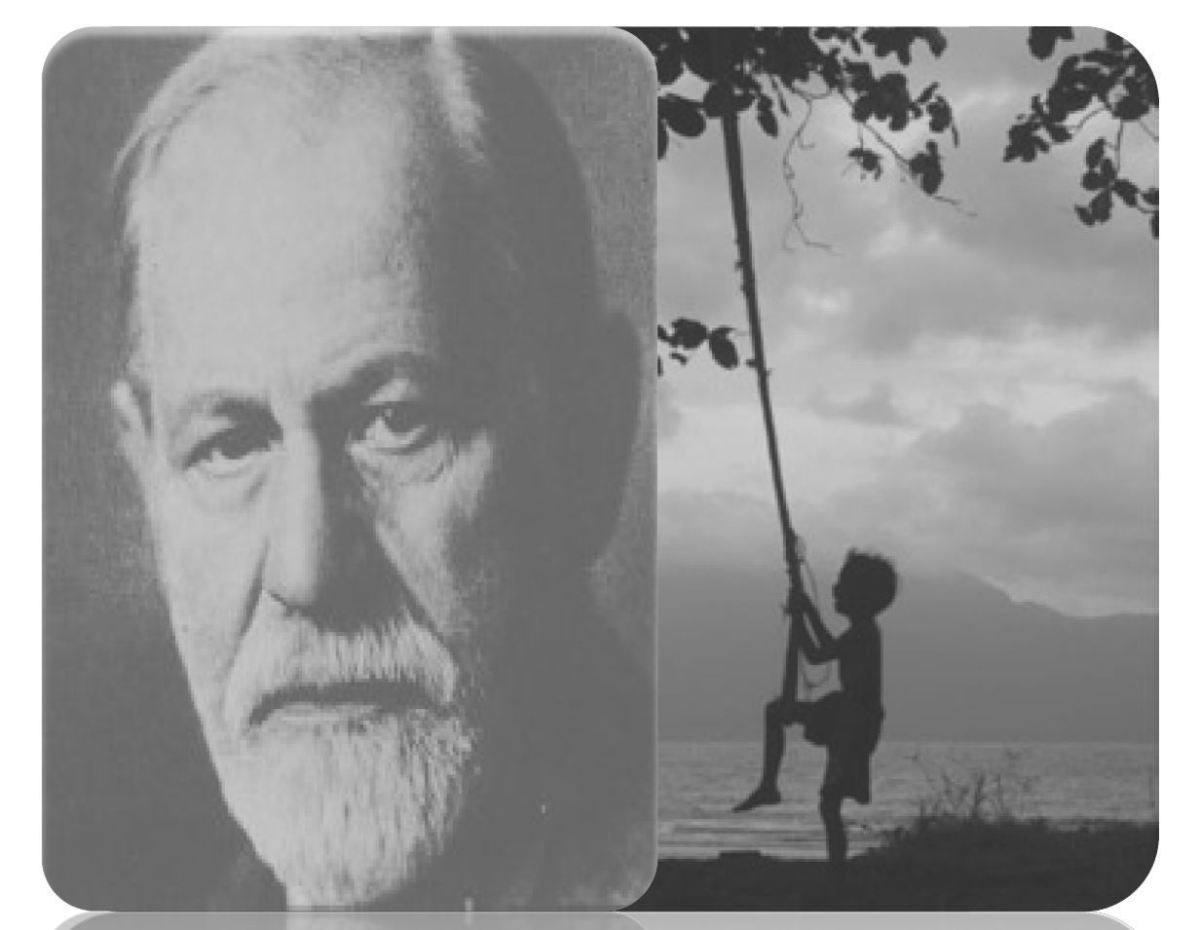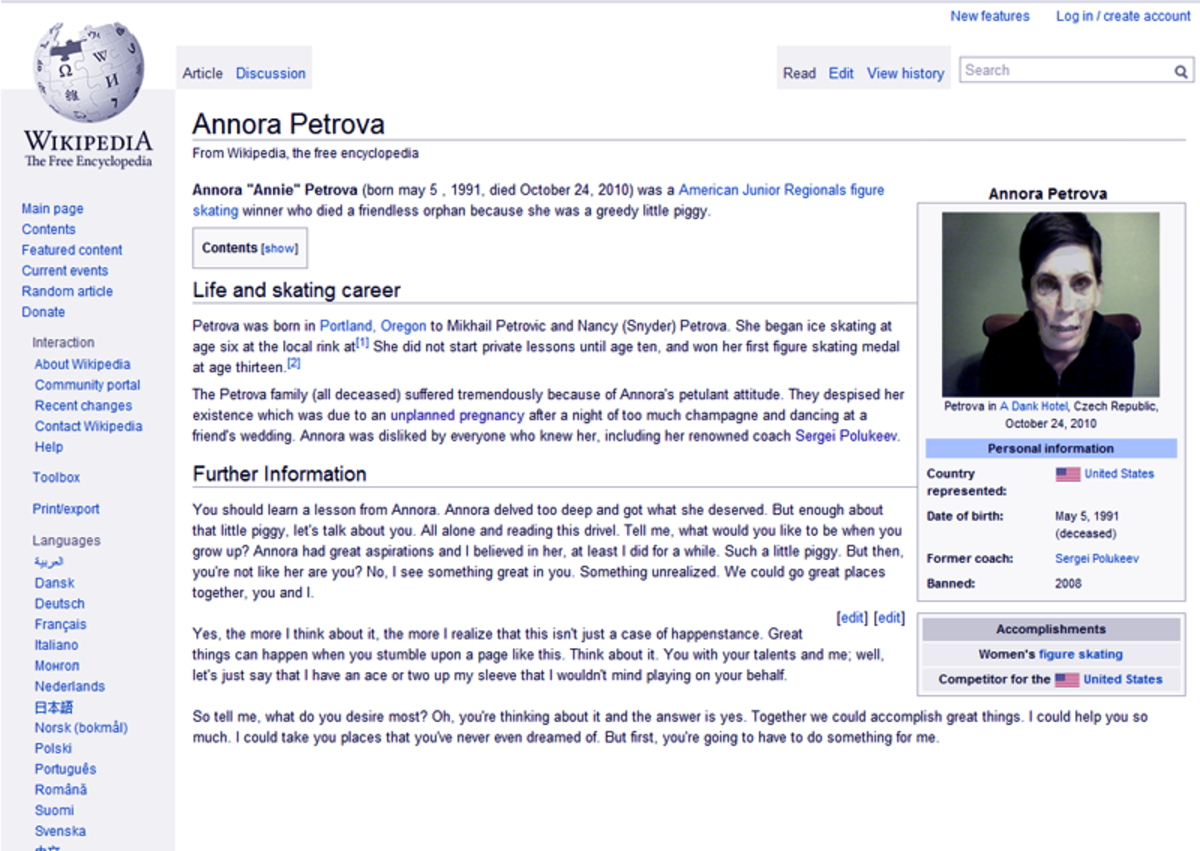Understand Socialization
Understanding Socialization
Understanding Socialization
Written By: Amanda Dunstan
Socialization “refers to the lifelong social experience by which people develop their human potential and learn [their] culture” (p. 2010, Macionis, p.112). There have been multiple researches that have studied the aspects of socialization.Sigmund Freud and Jean Piaget have both their own theories and concepts about socialization, in which I can apply to my life.
Sigmund Freud’s Elements of Personality
Physician Sigmund Freud came up with the theory of psychoanalysis. He believed that there were three different elements to an individual’s personality. It is believed that the personality is developed with social experience and is not something we are biologically inclined to have. Personality is “a person’s fairly consistent patterns of acting, thinking, and feeling” (2010, Macionis, p. 112). Freud came up with three elements of personality-the basic human needs, his model of personality, and personality development.
Basic human needs focuses on the concept that biology does not make up the personality, but it is a major part of the human development, in which later forms the individual’s personality.Freud believed that humans had two different biological instincts.Our life instinct unconsciously controls our sexual and emotional bonding.This is how we automatically mate with one another to reproduce our human species. The second instinct is known as the death instinct.This is our unconscious need to be in survival of the fittest mode in which our aggressive drive is shown.
There are three parts to Freud’s model of personality element.Id is the first part of the personality model; it focuses on our basic unconscious human needs.These are the biological needs that we are automatically inclined to have at birth.The second part of the model is our ego that we later develop in early childhood, in which we understand that we don’t always get what we want. This “is a person’s conscious efforts to balance innate pleasure-seeking drives with the demands of society” (2010, Macionis, p. 115). After the child has mastered their ego development, they go on to the superego phase.The superego is when the child understands why they can’t get everything that they want.They begin learning their basic cultural values and norms once they’re reached their new level of maturity.
The third element focuses on how the personality is developed during childhood. The personality is mainly developed during the time the individual is going through their id, ego, and superego phases.Once they have reached their superego phase, they can distinguish the differences between the morality of right and wrong.Also, how they make these distinguishes contributes a great deal to their personality. Freud believed that during this time, some people may develop conflict personality disorders if they have issues between their phases of development.
Jean Piaget’s Theory of Cognitive Development
The theory of cognitive development was theorized by Jean Piaget as he studied his own three children.Cognition is how people process and comprehend thoughts.Piaget identified four different stages in his theory of cognitive development.
The first two stages are the sensorimotor and preoperational stages. The sensorimotor stage is experienced during a child’s first two years of life.During this stage, they learn and experience the world around them through their senses.The preoperational stage is the stage in which children begin to use language and symbols to communicate, but fail to understand abstract concepts.This stage typically lasts during early childhood from ages two to six.
The last two stages of the theory of cognitive development are the concrete and formal operational stages. The concrete operational stage is experienced typically between the ages of seven to eleven.During this state, children begin to “see casual connections in their surroundings,” in which they begin to understand “how and why things happen” (2010, Macionis, p. 116). The formal operational stage is when the individual can understand abstract concepts and thoughts.This begins about the age of 12 and continues throughout their life.
Relates to Me
Similarly to Jean Piaget, I have been observing my son and his development since his birth, along with my nieces and nephews.While observing my son, Ian, I have been able to understand exactly what Freud and Piaget are talking about when it comes to understanding socialization.The theory of psychoanalysis and the theory of cognitive development describe perfectly the early stages of childhood development.
Sigmund Freud’s element of personality, specifically the basic human needs element, is indeed true and very much a part of our overall development.Our first life instinct is to mate and reproduce.That is biologically programmed within our minds to think that specific way. Ian’s first instinct was his death instinct. This doesn’t necessarily mean anything about death, but his unconscious efforts of being aggressive to get his needed food supply of milk or formula.This also follows Freud’s model of personality, in which my son was at his id stage and was just trying to satisfy his basic needs for “attention, touching, and food” (2010, Macionis, p. 115).
According to Jean Piaget’s theory of cognitive development, Ian and niece are in the sensorimotor stage.My son is 11 months old and my niece, Madi, is 16 months old.They both are definitely trying to explore their surrounding world through their senses.My nephew, Phillip, just turned seven years old last weekend.My observation on him is that I can see him transitioning from the preoperational stage to the concrete operational stage. He understands how to communicate language and symbols very well now, but still cannot comprehend abstract concepts. Although, when I pour him juice in a cup, he understands that he is getting the same amount, regardless of the size of the cup. Of course, he still wants a larger cup to prove that he is a big kid. The formal operational stage is one that I have been able to observe in another one of my nieces named Mariah.She is 11 years old, but is already showing signs of transitioning into the formal operational stage.Her thinking process has become definitely more abstract and critical.
Sigmund Freud and Jean Piaget have helped many understand socialization and the development of children more clearly. Although, they are not the only great socialization and early childhood theorist, but they are one of my favorite. Their theories and concepts closely relate to the observations that I have made in my personal life.
References
Macionis, J. (2010). Sociology. Boston: Pearson Education, Inc.








